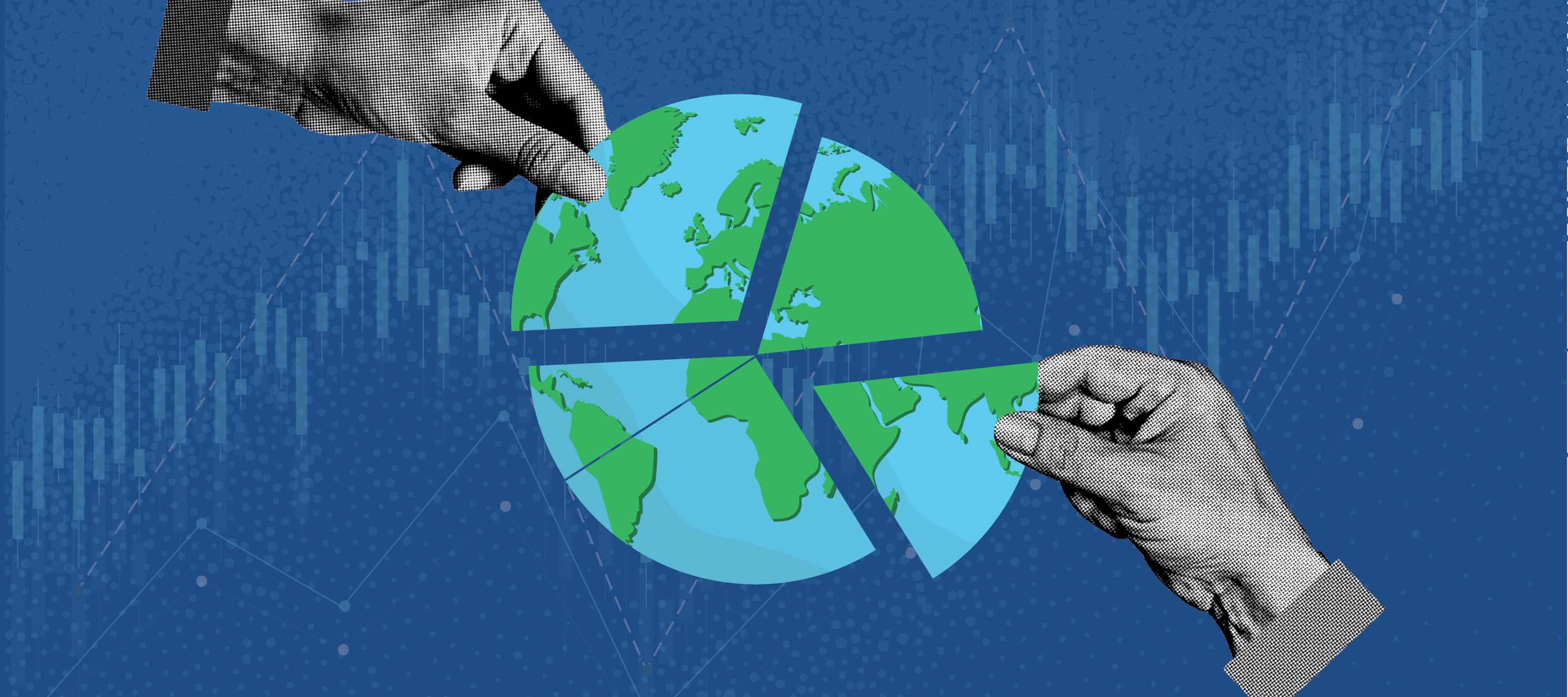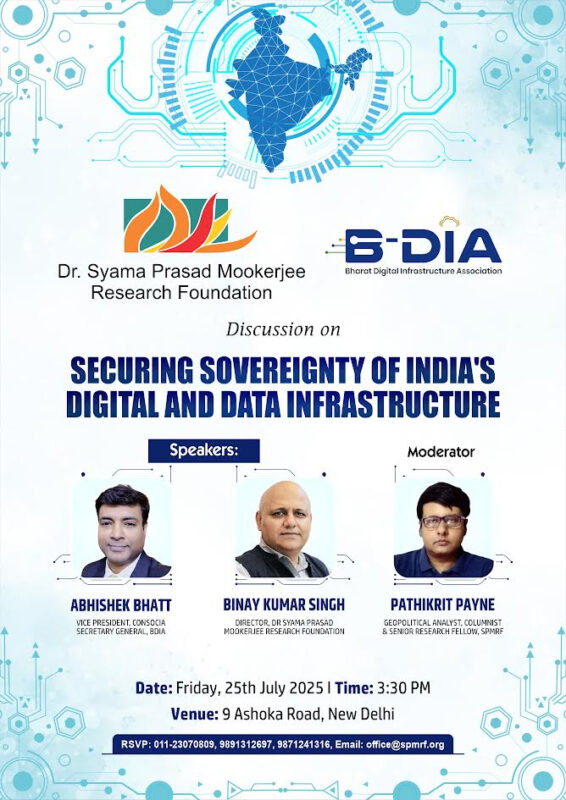The Sustainable Development Goals (SDGs) and Environmental, Social, and Governance (ESG) frameworks are often hailed as visionary instruments to promote global well-being, equality, and environmental sustainability. However, beneath the surface of climate concern and ethical investing lies an alarming reality: these tools are increasingly weaponised by global elites, multinational corporations, and ideological cartels to bully sovereign nations, enforce “woke” cultural imperialism, and override democratic decision-making. Bharat, among other nations, has seen firsthand how these global norms are used not just to guide policy but to coerce, threaten, and undermine.
ESG & SDG: From Guidelines to Coercive Tools
Originally conceived as voluntary frameworks, ESG and SDGs have now evolved into instruments of coercion. Countries that deviate from ESG-defined norms are denied access to capital, shamed on global platforms, and branded as regressive or authoritarian. Credit rating agencies and global investors apply “ESG scores” to countries, blacklisting those that refuse to toe the Western narrative on climate, gender, or diversity.
This transformation has made SDGs and ESG the soft power equivalents of sanctions—coercive tools disguised as moral incentives.
Bharat: A Case Study in Resistance and Retaliation
Bharat has increasingly come under ESG and SDG-based pressure. From farm laws to energy policy to social legislation, Bharat’s sovereign decisions are scrutinized and undermined by global ESG-wielding institutions. A few examples illustrate this clearly:
-
Adani Group and ESG Warfare
After Hindenburg Research released a highly damaging report against the Adani Group in early 2023, several ESG-investing firms began pulling out investments. The basis wasn’t just alleged financial irregularities it was also the group’s close association with India’s infrastructure, coal, and fossil fuel development, seen as anti-climate. The attack led to market panic, depreciation in investor confidence, and global media trials.
More tellingly, this incident occurred in a highly coordinated way, leading many to argue that ESG-based funds were being weaponized to target Bharat’s rising economic players particularly those aligned with self-reliance, nationalistic policy, and infrastructure development
-
India’s Farm Laws and Global Woke Pressure
When the Indian government attempted agricultural reforms in 2020, global ESG voices, celebrities, and foreign NGOs many funded by woke liberal donors mobilized against it. Pop singer Rihanna, climate activist Greta Thunberg, and various UN-affiliated bodies jumped into a domestic policy issue under the guise of human rights and sustainability. The toolkit controversy revealed how global narratives are manufactured to shame and isolate sovereign governments.
Behind these campaigns were organizations funded by ESG-related philanthropic networks like the Open Society Foundations and others who rate countries poorly on ESG metrics unless they conform to Western liberal norms including how they handle gender, protests, or “climate justice.
-
LGBTQ+, Gender, and Woke Conditionalities
ESG and SDG norms today demand compliance with “woke” socio-cultural ideologies, LGBTQ+ rights, gender parity in boardrooms, DEI (Diversity, Equity, and Inclusion) policies even in societies where such changes may contradict local culture, religious beliefs, or democratic consensus.
In 2021, Bharat faced pressure during its corporate ESG evaluation processes because many companies lacked a “diverse” boardroom or had not signed international LGBTQ+ charters. ESG norms did not allow for cultural context; they simply penalized non-conformity. Thus, India a civilizational society with its own evolving gender norms was being judged by imported ideologies
ESG Capitalism and the Rise of Economic Blackmail
ESG ratings are controlled by a few Western institutions: BlackRock, Vanguard, S&P Global, MSCI, etc. These institutions dictate what is “sustainable” or “ethical” investment. Companies or countries unwilling to comply are excluded from global funds.
This has created a monopoly on moral judgment. ESG is no longer about environment or governance it is about control. For example,
African nations have been denied funding for fossil fuel projects, despite energy poverty, because ESG norms prioritize carbon neutrality over development needs.
Sri Lanka’s collapse in 2022 was partially triggered by forced “organic farming” reforms under SDG pressure from global institutions and ESG-linked lenders leading to food insecurity, inflation, and civil unrest
The Role of International Organizations in Neo-Imperialis
Institutions like the United Nations, World Economic Forum, World Health Organization, International Monetary Fund, and World Bank increasingly function as ideological enforcers of ESG-SDG mandates. They impose policy models, attach ideological preconditions to funding, and create global narratives that delegitimize dissent. Under the guise of global governance, these bodies often act as instruments of Western hegemony pushing climate mandates, public health doctrines, and social reforms that override national cultures, policies, and democracies.
Sovereignty or Sustainability: A False Choice
The promise of SDGs and ESG is hijacked by ideological bullying and financial blackmail. The frameworks are increasingly misused to push “Woke Imperialism” cultural, economic, and political in the name of progress. Sovereign nations are forced to accept globalist ideologies or face economic exclusion.
Bharat must lead the Global South in demanding a decolonized model, rooted in Dharma, local culture, and economic pragmatism, not dictated by elite think tanks of Davos or Silicon Valley. True sustainability must serve human dignity, national interest, and cultural continuity not erase them.
Global equity cannot come through uniformity. It must arise from respect for pluralism, sovereignty, and civilizational diversity something the current ESG-SDG empire seems determined to destroy.
(The views expressed are the author's own and do not necessarily reflect the position of the organisation)


